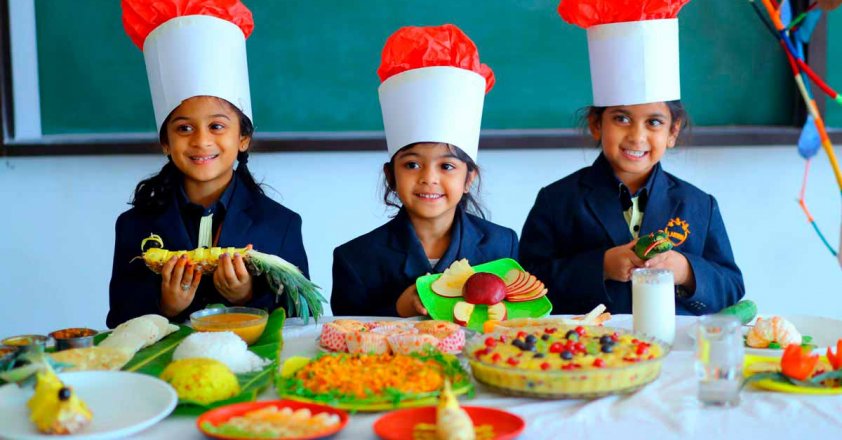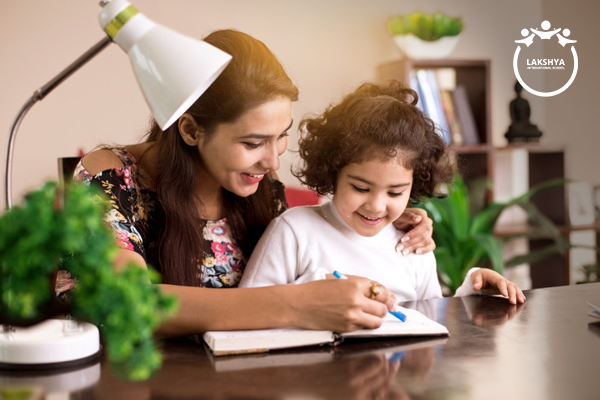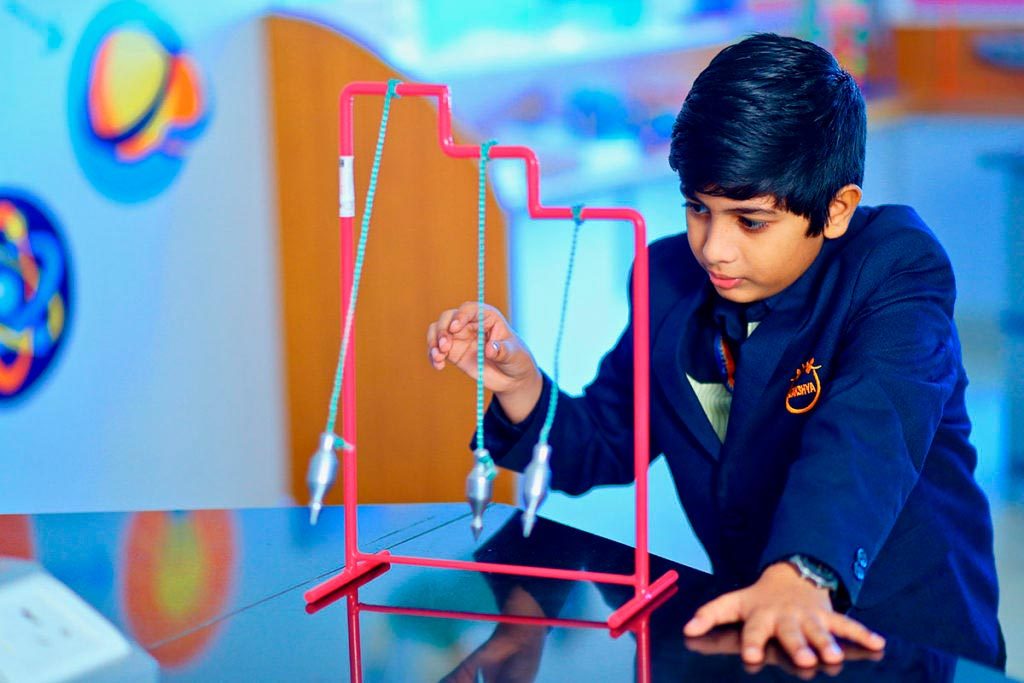Mon
10
Oct7 Effective Ways To Teach Gratitude To Your Child
Teaching your child to say “thank you” could make them begin a lifelong sense of gratitude. By developing gratitude, children are opened up to the world of others. This helps them discover that the world is more than just what they feel and want.
Gratitude is one of the most important character strengths that parents can teach their children. Why? It can help children develop a positive outlook on life, which leads to increased happiness and satisfaction.
With gratitude, children naturally become polite and kind towards others. Teaching gratitude requires helping children to look at their situations from a point of appreciation rather than from a deficit.
7 Effective Ways To Teach Gratitude To Your Child
Developing an attitude of gratitude in children can be tricky. Therefore, Lakshya, one of the best international schools in Kakinada provides some ways of cultivating gratitude and appreciation in children.
1. Role Model
The best way to teach gratitude to children is by showing it by example and not by lecture. Children learn best by imitating their parents and what better way could there be than to lead by example? A simple way to start teaching gratitude would be to say “thank you” and “please” to your spouse and children as often as possible.
2. Encourage children to help out
Encourage your child to help out with your household chores, such as watering the plants, and helping in the kitchen, and by this, you can create an environment for children to learn gratitude. By doing things physically, your child realizes that it takes effort and should not take them for granted.
3. Interact with your kids
The opportunity for social interactions with parents is essential for the development of gratitude in children. When interacting with a parent, children learn social skills, such as sharing, cooperating, and respecting the things of others. Ensure to set time aside for face-to-face interaction with your child.
4. Encourage donating to the needy
Packing unused items such as toys, books, clothes, etc, and donating to those in need is a great example of encouraging generosity in children. Send your child to school with an extra set of school supplies, such as pens, pencils, or paper to help the needy. Take your child to visit those in less privileged conditions which will give them a real-life need to become gracious.
5. Be Assertive
Most children keep track of the latest things and keep pestering their parents for the same. Being a parent, you try to fulfill all the desires of your child, which will deliberately destroy the growth of thankfulness in them. You must realize that saying ‘no’ many times will make saying ‘yes’ sound sweeter which helps you to raise children with an attitude of gratitude.
6. Be patient
You must understand that your children will not imbibe the attitude of gratitude all of a sudden. It may take days, weeks, months, or years – and hearing a ‘no’ while asking for their needs is sure to induce tears. Parents should stay calm and help their children to cultivate the habit of appreciation and gratitude.
7. Explain to kids the consequences of their actions
A consequence is a result of your child’s behavior in a particular way. It can be positive or negative. Exposing children to the consequences of their actions is a simple but really powerful way of helping them learn about gratitude. Special care should be taken to not bribe them out of any situation.
Turn your child’s attitude into gratitude by following the above-mentioned tips from an early age. Need more information on developing your child’s overall development? Keep following our blogs at Lakhya International school.











1 Comment
January 5, 2023 At 10:49 am
Mark Butcher
Nice Blog! Great read